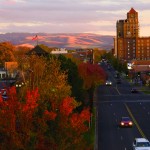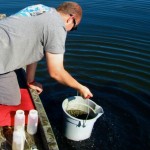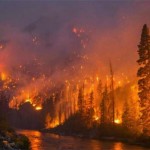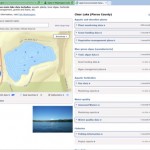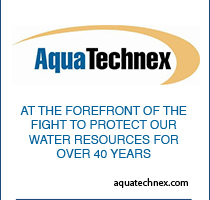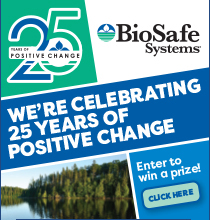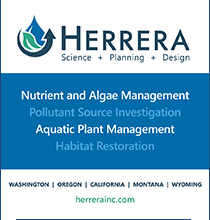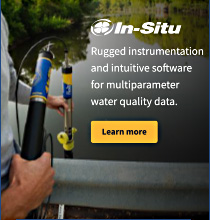Join us in Walla Walla for WALPA’s 28th Annual Conference October 26th – 28th
We are just two months away from this year’s annual conference and it is one you will not want to miss! Abstracts for presentations and posters have started coming in and we are looking forward to a great program. If you have been thinking about presenting, there is still time to submit your abstract.
We are also excited to share two great workshops that have been scheduled for Monday October 26th.
Nominate your favorite lake hero for the 2015 Secchi Disk Award!
The WALPA Board is looking for your help to find the winner of the 2015 Secchi Disk Award to be presented at this fall’s WALPA conference in Walla Walla. Each year, WALPA uses the award to recognize an individual who has made an outstanding contribution to the science, management, or protection of lakes in Washington or Idaho. We are sure you know someone who fits the bill!
The yellow/black brick road to Trail
There are not many pristine water bodies left in Washington State. Most of the water bodies we want to protect or restore are eutrophic, polluted and deteriorating. We strive to involve communities, motivate political action, and understand the science of how our lakes operate. Perhaps our goal is to decrease internal phosphorus loading, prevent cyanobacteria blooms, protect against invasive species, or lessen pollutant bioaccumulation. No matter your lake’s problem, we all want the same outcome: clean water. It seems only fair that we provide the same amazing beauty and resources to future generations as was provided to us.
Washington drought raises concerns for water supplies and wildlife
Shut down irrigation, wildfires, fishing closures, voluntary drinking water restrictions….. these are all among the impacts of the current drought we are facing not only in Washington State, but in neighboring states as well. We are experiencing a year of records.
Department of Ecology launches new website for easy access to lake data
Over the past year, several Washington Department of Ecology (DOE) employees organized and centralized much of the agency’s data on lakes and aquatic pesticide use on lakes, which had been scattered across several pages and was hard to find. Staff created a map-based searchable site here. Site visitors can type in their lake of interest, and relevant data, maps and photographs (if available) will appear for that lake.

